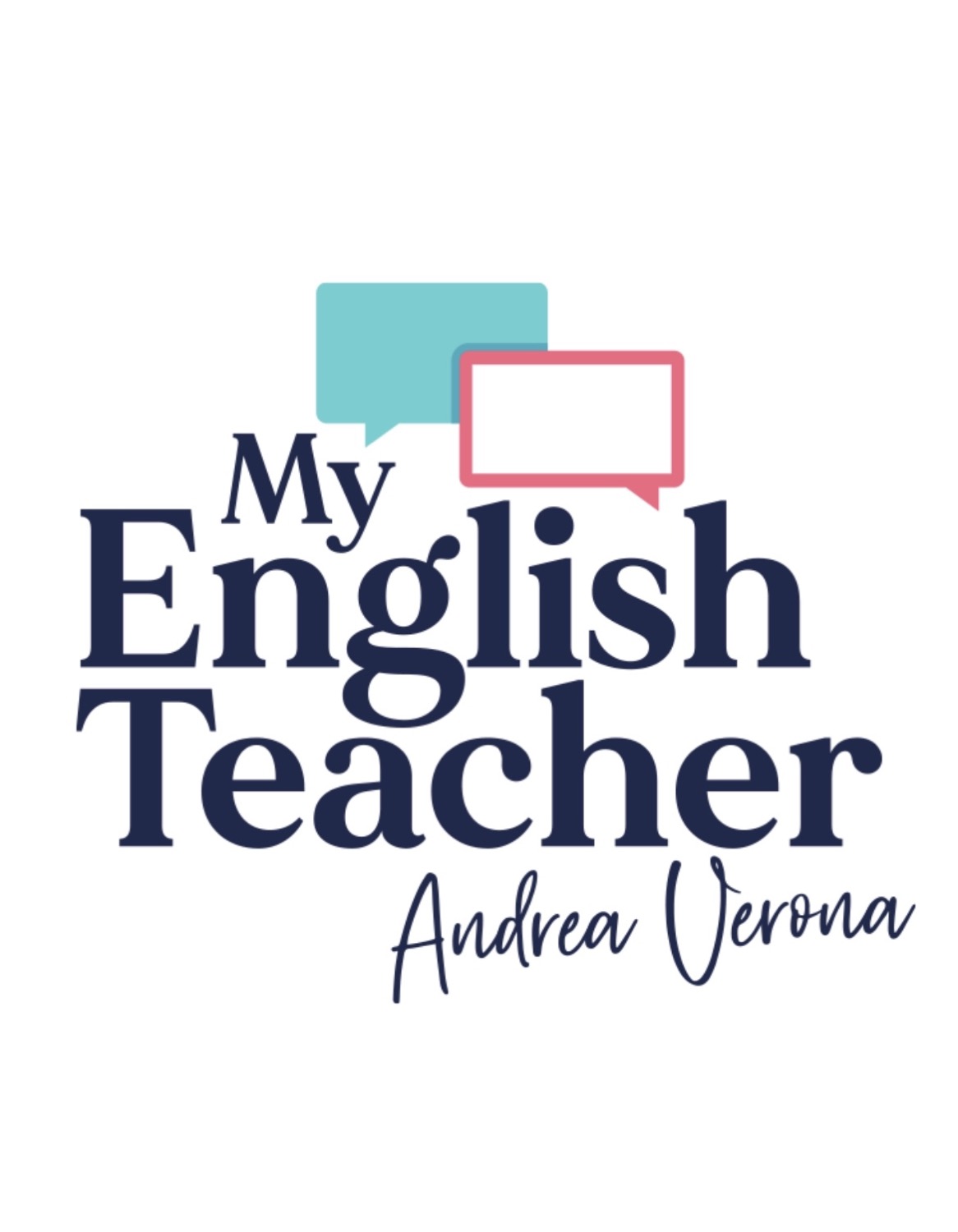Infinitive Part 2
- Andrea Verona

- Jun 25, 2020
- 1 min read
Updated: Feb 23, 2024
Lesson 15
Commonly, an infinitive is used with the subject it. The sentence structure is “It is + infinitive…” It refers to the infinitive. This expression is used in many ways.
For example:
It is time to do math.
It is common to think that way.
It is appropriate to keep a low profile.
It was nice to see you the other day.
It was my pleasure to meet you.
It was my honour to have dinner with you.
It is good to see you happy.
It was great to go on a trip as a family.
Both gerunds and infinitive phrases can function as nouns, in a variety of ways. Gerunds and infinitives can follow certain verbs but not others. You need to remember which verbs can be followed by only a gerund or only an infinitive.Verbs that can precede only gerunds: consider, suggest, enjoy, deny, avoid, miss, mind, Practice English dialogues about, postpone, resist, finish, quit, give up, put off Verbs that can precede only infinitives: offer, decide, hope, attempt, promise, agree, afford, deserve, refuse, undertake, learn, fail, seem, appear, tend, pretend, choose, demand, desire, guarantee, claim, manage, determine, expect, want, wish Verbs that can precede either gerunds or infinitives without changing meanings: continue, like, love, begin, start, propose, neglect, stand, hate Verbs that can precede either gerunds or infinitives but change meanings: forget, remember, stop, try
I stopped watching the movie. (I no longer watched the movie.)
I stopped to watch the movie. (I stopped what I was doing to watch the movie.)
This page is free for everyone to read.
Access to premium posts by becoming an Essential Member!




Comments